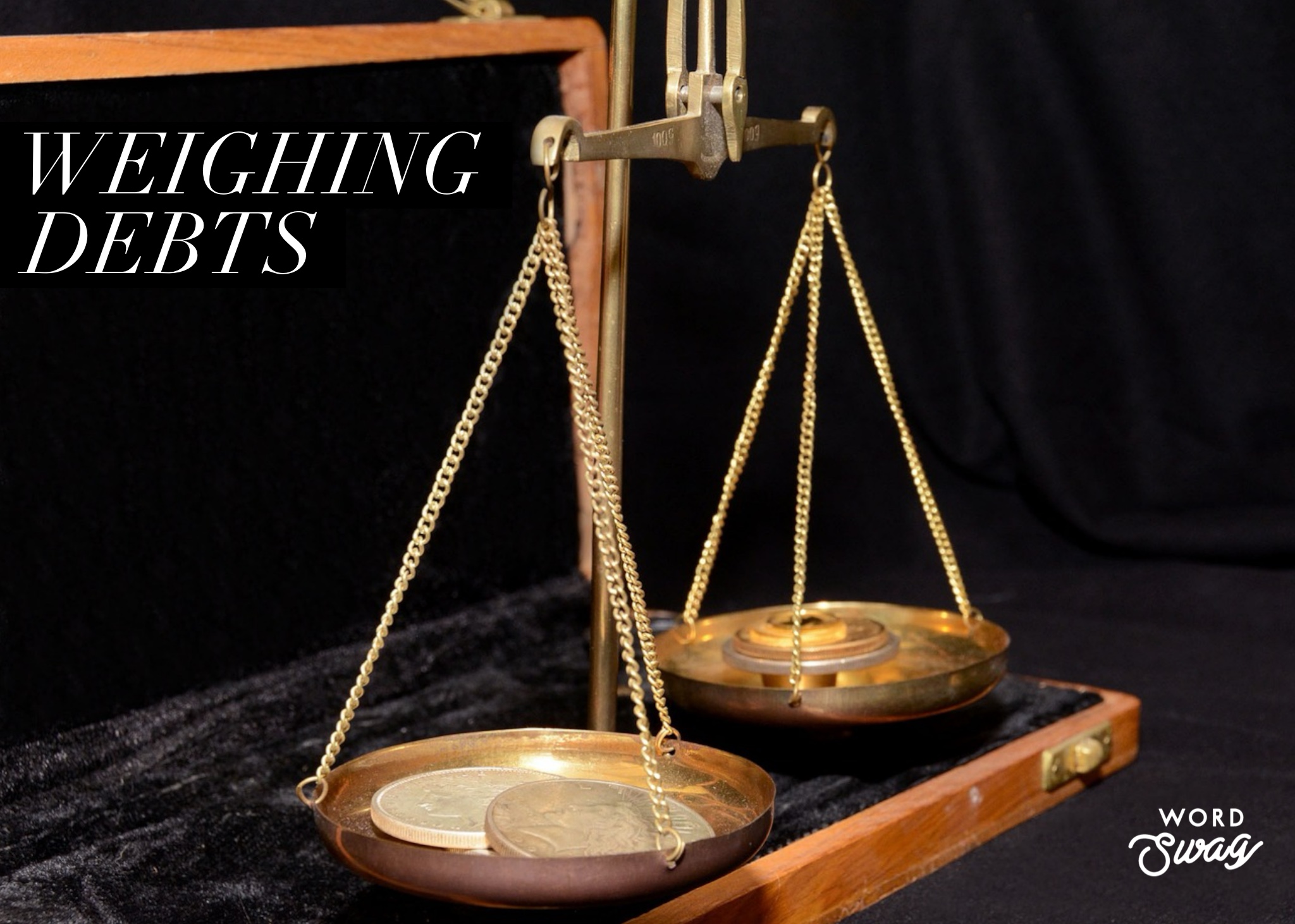Forgiveness and reconciliation can be a thorny issue. Many questions must be asked to determine the shape of forgiveness and reconciliation. Is sin truly involved, or is one of the people offended because of his own unrealistic expectations of the other person? That is, one person has his feelings hurt because he is overly demanding, and no one lives up to his expectations. If sin is involved, is the sin of such a nature that it can be forgiven so that the relationship can return to what it was? If one spouse speaks uncharacteristically harshly to the other, forgiveness can be granted and the sin practically forgotten. Or is the sin of such a nature that the relationship is unalterably changed even though forgiveness is granted? If a spouse is a serial adulterer/adulteress, leading to a divorce, the marriage may never go back to what it was. Is the sinning party repentant or unrepentant? What is the part restitution plays in reconciliation? What does the healing process look like after forgiveness is granted? Though we don’t need to make forgiveness more complicated than necessary, human relationships are not as simple as “do these three things and move on.” (I’ve written several articles on forgiveness at Kuyperian Commentary. You can find them here, and a series that begins here.)
When Paul appeals to Philemon to reconcile with his slave, he knows the situation well. Onesimus is repentant. However, there is an outstanding debt that needs to be paid. Whether Onesimus is an indentured servant working off his debt with Philemon and bailed or a runaway slave who possibly stole from Philemon, we don’t know. What we know is that Onesimus has “harmed” and “owes” Philemon (Phile 18). Debts, whether financial or moral, don’t vanish. They have to be paid. Someone will absorb the loss. Genuine forgiveness doesn’t deny the existence of the debt. Forgiveness acknowledges the debt and releases the person from the obligations of the debt, including, but not limited to, the refusal to hold it over the other person in bitterness.
Paul doesn’t tell Philemon, “Forget about it.” The debt must be paid. Paul knows that Onesimus can’t pay the debt, so he says he will be the guarantor of the debt. He will repay it (Phile 19). What Paul says next doesn’t cast any doubt on the IOU he signed, but he puts what is now his debt in a different context with Philemon. In a rhetorical twist, he says something like this, “I’ll pay my debt … but I won’t even mention that you owe me your life” (Phile 19). Philemon was converted under Paul’s ministry and is now in debt to Paul for his life. When Philemon charges Paul with the debt, he will find that he is still in the red with Paul.
Paul is functioning as an ambassador of Christ Jesus, not merely proclaiming truths but living them out. Paul tells Philemon, “When you see Onesimus, you should see me. We are one. Whatever he owes, I owe. Whatever you demand of him, you demand of me.”
As an ambassador of Christ, he shows us what Jesus does with all his saints. When we look at one another as saints, we see Jesus … or we should. Jesus stands with his people. When a person is repentant, standing with Jesus, whatever you demand of him, you are demanding of Jesus. “He owes me. He offended me. He hurt me. I will make him pay.” Jesus says, “Yes, I see he did those things to you. Put that on my account. By the way, you owe me your life, so the debt is already paid. You can let it go. If you don’t let it go, I will call your debt.” This is precisely what Jesus teaches in Matthew 18 in the parable we sometimes call “The Unforgiving Servant.”
Be careful what you demand from your brothers and sisters in Christ. What you demand of them, you are demanding of Jesus. None of us is in a position to demand anything from him. Be merciful as God in Christ has been merciful to you. Work through all the complexities of forgiveness and reconciliation. No debt incurred by any other person is worth killing your soul.
















